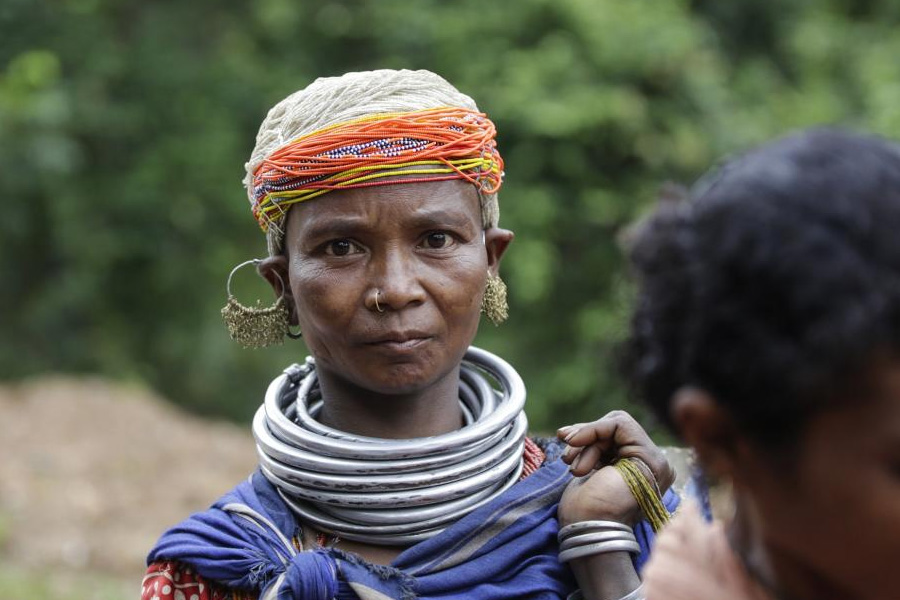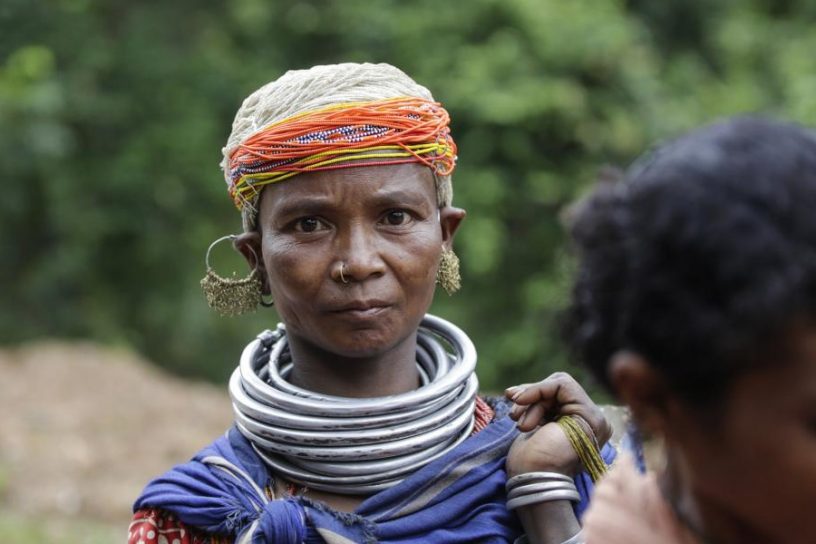
This paper shows how the plethora of development policies often work against each other and accentuate health vulnerabilities, even as they seek to create incomes and ensure food availability.
Authors
Vandana, Assistant Professor, Jindal Global Business School, O.P. Jindal Global University, Sonipat, India.
Rajesh Bhattacharya, Public Policy and Management Group, Indian Institute of Management Calcutta, Kolkata, India.
Summary
This paper explores the deep connections between experiences of health and changes in the local ecology, farming, and food consumption practices among tribal people in Odisha, a state in India. The role of governmental and market actors in initiating and reinforcing these changes is analysed in a political ecology framework using a relational understanding of ‘place’.
It allows us to think of changing health outcomes and perceptions in communities as they simultaneously experience changes in access to forest resources and farming practices, and consequent dietary changes.
Our paper suggests that with the creation of new social and power relations and ecological materialities, nutritional insecurities are produced or sustained, even as access to formal healthcare improves. We show how the plethora of development policies often work against each other and accentuate health vulnerabilities, even as they seek to create incomes and ensure food availability.
Published in: Third World Quarterly
To read the full article, please click here.


